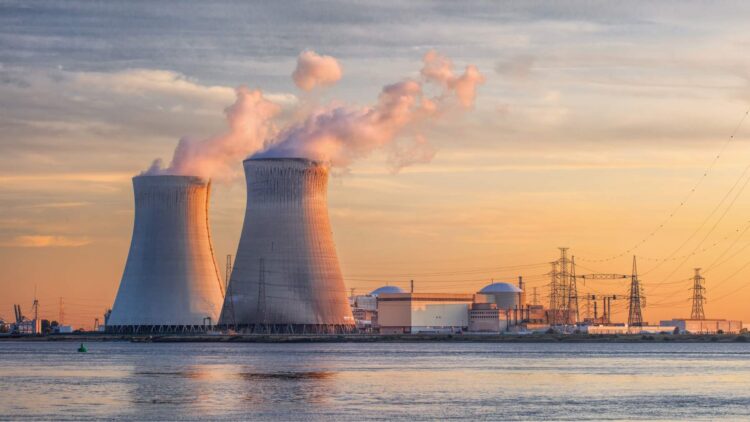With green and affordable energy at the forefront of many conversations about the future of not just our planet, but our entire economy, one of the answers that has come back again is the reopening of nuclear plants. Although maybe not as green as other alternatives, as the byproduct of nuclear energy is quite dangerous, the amount of energy that is produced by a nuclear plant is a lot more than by any other renewable source. The main drawback has always been the security of the process and of the nuclear waste, but with the advances in tech many believe that this is the moment to reactivate some of the preexisting infrastructure and improve our energy policies.
The plan started with the reactivation of the Palisades nuclear power plant in Covert Township, Michigan, which shut down in 2022. Since it has not been inactive for a long time, the facility is fairly up to date, and it should not have many problems in becoming operational once again. The reopening is being accomplished thanks to a $1.52 billion federal loan, which may seem like a lot, but it will serve to upgrade some of the most sensitive parts of the facility and will improve operations significantly.
The reopening of one of the most prolific nuclear plants
This reopening is out of the blue but quite in line with the new policies on energy established by former president Joe Biden. The aim was always to improve the environment while stop relying on fossil fuels, and since the reopening of this plant would go a long way into o tripling the nation’s nuclear output, any investment will likely have a good return.
The loan was issued to Holtec International, the company now running Palisades, and their vision goes far beyond restarting an old plant, as they are part of this ambitious program and are at the forefront of the movement to reestablish nuclear power as a key player in America’s energy future.
The plant is expected to be fully operational again by late 2025 or possibly 2026 as long as everything goes according to plan, but that might be easier said than done, because no nuclear facility that’s been taken offline for decommissioning has ever been successfully revived. This has been caused by many circumstances, like mounting maintenance costs or security issues around the nuclear materials, but Palisades could be the exception considering its short decommissioning.
Bringing this plant back online is not just about flipping some switches and turning on the lights, which is why the loan is so impressive. The plant still has to clear several hurdles, including safety evaluations and regulatory sign-offs and some equipment, like the steam generator tubes, needs a thorough once-over by the U.S. Nuclear Regulatory Commission. But, if this plant can be brought back to life, maybe others can too.
Although it would be harder considering the time they have been without operations, the infrastructure and space is already there, so it would be easier to refurbish than to start from scratch, and other iconic locations such as Three Mile Island could also be brought back to life.
The main drawbacks continue to be the risk of the plant exploding and what to do with nuclear waste, but advocates are focused on the long-term benefits, especially the role nuclear can play in cutting carbon emissions and strengthening energy independence. Plus, many argue that if we are forced to figure out what to do with the waste, we would likely find a way to transform it into something useful instead of just stashing it in a protected space. The solutions will come, but in the meantime, we could have re-found a way to make more and cleaner energy.

